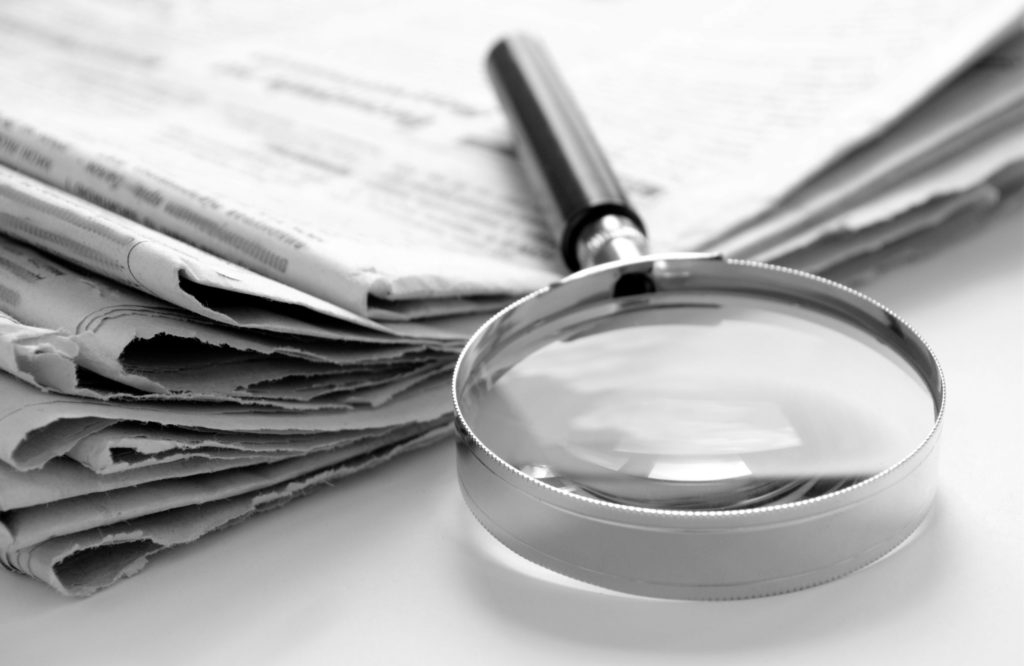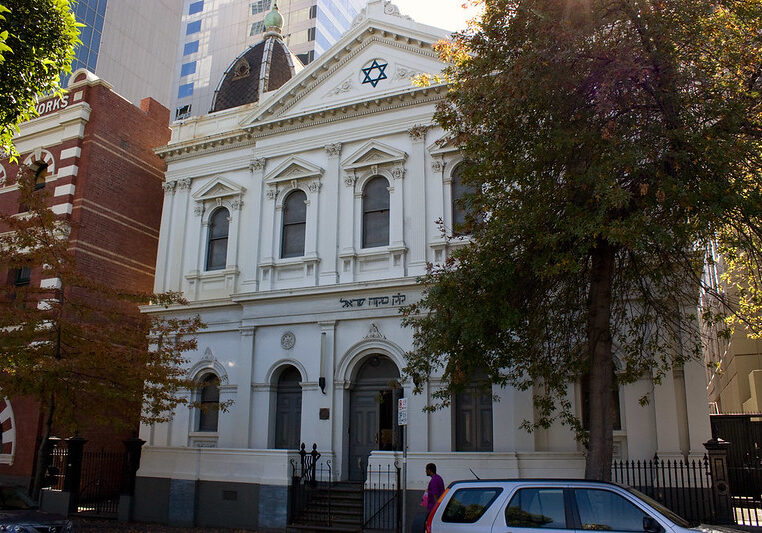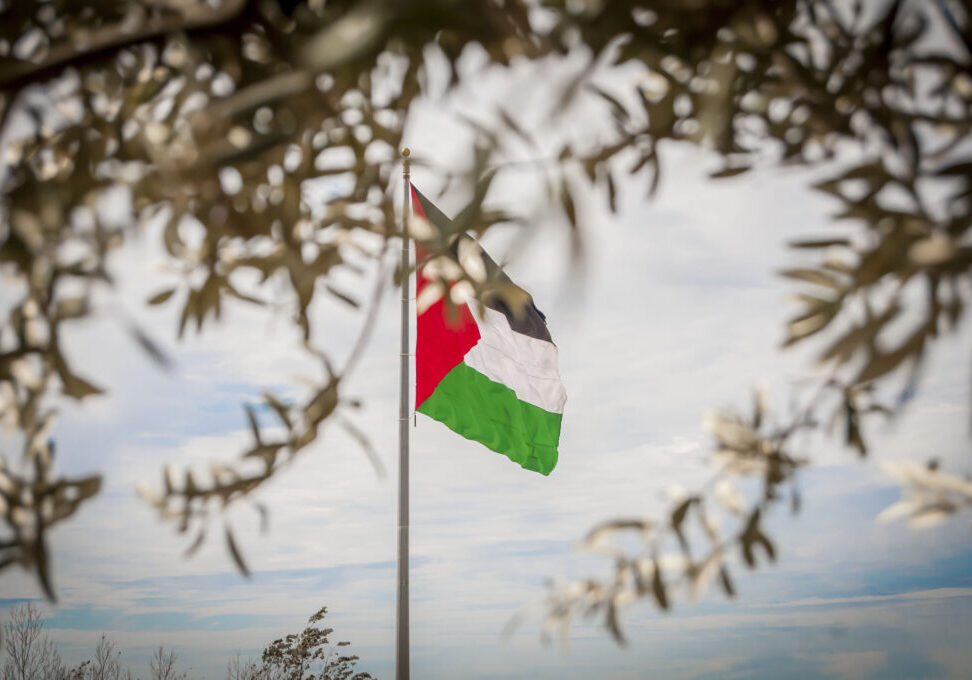Australia/Israel Review
Media Microscope: Doxx-land
Mar 1, 2024 | Allon Lee

The leaking of the names, photos, employment details and other private information of 600 Jewish writers, artists, musicians and academics who had joined the private “J.E.W.I.S.H Australian creatives & academics” WhatsApp chat group shocked much of the country.
Nine Newspapers (Feb. 8) quoted Executive Council of Australian Jewry co-CEO Alex Ryvchin saying, “These people have painstakingly collected the names, faces, professions and other personal information of a group of Australians whose sole common trait is that they are Jews… It is a ‘Jew list’ drawn up and published in a menacing manner intended to inflict maximum emotional damage and professional loss.”
On Feb. 12, News Corp columnist Andrew Bolt denounced two of the main doxxers, attacking “arts bureaucracies” for giving “both of them tens of thousands of dollars of your money to keep them in business.”
In the Age, (Feb. 14), former ABC journalist Ramona Koval, a member of the group, wrote, “The group became a place where we could reassure those who were feeling the intimidation from anti-Jewish colleagues, groups, and cultural organisations making one-sided public statements about a far-off war. Jewish board members across such organisations including the Australian Centre for Contemporary Art felt so unwelcome that they resigned. The group shared experiences, articles, and reports, much like any other group of people with a common experience. I’m sure you have your own WhatsApp groups too, including advocates and activists in the mix as this one does. It’s part of living in a democracy. In a democratic society we accept all lawful civic activities. Intimidating all members of the group by publishing their photos and other details has no place in modern Australia.”
On ABC TV “7.30” (Feb. 15), group member Alana Kushnir said, “What I think is a big issue here is the assumptions that have been made. You’re a bad person, that you condone genocide, that you want thousands of children to die, and that is absolutely not true. And that’s not true of anyone in the WhatsApp group or any Jews for that matter.”
On the ABC website (Feb. 19), TV and radio host Patricia Karvelas said, “The bigger question is why we are in a situation where Australians – whether Jewish or Palestinian – are being personally targeted and policed. What’s the end game? The Australian government has reacted to this episode with a move to criminalise doxxing and introduce jail terms for those responsible. The parameters of the laws will be subject to consultation… but the fact that we are even having this conversation speaks volumes about how toxic things have become.”
An article on SBS’s website (Feb. 13) quoted Australia Palestine Advocacy Network President Nasser Mashni saying, “It should be abhorrent to us all that this group conspired to target, intimidate and silence people who are speaking out against the genocide in Palestine.” His characterisation of the group was of course false. The article also quoted two experts questioning the effectiveness of proposed new legislation to combat doxxing.
Canberra Times columnist Jack Waterford’s Feb. 17 piece was a wild, factually-challenged rant against doxxing laws, which misrepresented both the details of the WhatsApp group, and the views of pro-Israel Jewish supporters and organisations, including claiming that any criticism of Israel is called antisemitic.
On the ABC “Religion & Ethics” website (Feb. 15), Monash University’s Australian Centre for Jewish Civilisation head David Slucki wrote, “There is no question that some of the opinions expressed by some members of the group are objectionable – including to other members of the group! But that’s not what is at issue here. The question is: Is it right to assign collective blame to all the members of a private Jewish WhatsApp group, casting them as co-conspirators, branding them “Zios” (an antisemitic dog-whistle popularised by American white supremacist David Duke) and releasing their personal information, including photos, job titles, and employers, knowing this might lead to intimidation, harassment, and violence?”
On ABC Radio National “Drive” (Feb. 12), Federal Liberal MP Julian Leeser was challenged on why existing laws on doxxing are insufficient and replied, “Some of the people engaged in the doxxing themselves aren’t engaged in those direct practices [of online intimidation and harassment which are arguably already illegal], but they’re engaging in the facilitation and encouragement of those practices. And I think that’s the important thing.”
Tags: Australia, Media/ Academia






